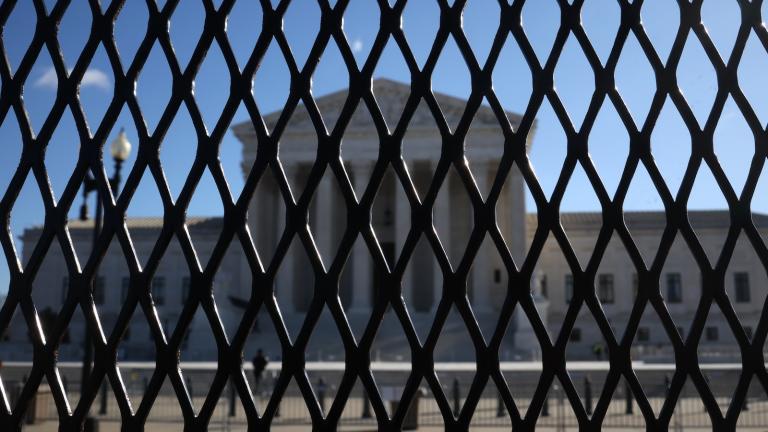“A politics of reason faces a strong headwind.” These were Al Gore’s words last night, at New York’s 92nd Street Y, where I had the unique pleasure of seeing him interviewed by Charlie Rose. The main topic of discussion was Gore’s new book, The Assault On Reason, which not surprisingly is #1 on Amazon’s bestseller list (“It’s not about K-Fed,” Gore was quick to chime in). Apart from offering a scathing critique of the Bush administration, the book lambastes the shallowness of today’s media — the amount of time spent on Pamela Anderson versus, say, the still ravaged landscape of New Orleans. And Rose, it was refreshing to see, did not fall into the trap, as did Diane Sawyer, of lobbing the precise sort of vacuous soundbites that Gore goes after in his book.
It was also pretty stunning to hear a man as versed in the details of the Federalist Papers as he is in the melting rates of the Antarctic ice shelf. In response to the Rose question, “When did the decline of reason begin?”, he skipped seamlessly through a history of the Enlightenment, the emigration of those ideas to a fledgling nation across the pond, and the firm establishment of reason in the founding fathers’ design of the U.S. government. He talked about the dawn of television — a box with flickering lights that Americans sit motionless in front of for about 3.5 hours a day — and the accompanying decline in substantive media. I won’t go into all the details here, or try to regurgitate the conversation, but suffice to say I was duly impressed.
Of course, he didn’t escape the theater without being asked numerous times, and in numerous ways, about running for president. But Gore stood firm, saying at one point that he felt “no need to apologize” for devoting his time to the largest crisis — climate change — that humankind has ever confronted.
So, with respect to that, asked Rose, “have we turned the corner?”
“No, absolutely not,” said Gore.
In fact, it’s getting worse, he went on, explaining the recent findings by the Global Carbon Project that rates of carbon emissions are higher than we’d previously thought. He had just come back from the Woods Hole Oceanographic Institute in Massachusetts where he’d met with several climate scientists who’d contributed to recent reports — about the Antarctic ice melting faster than the numbers said it should (which now makes sense, given that the early numbers were wrong), about the world’s oceans losing their capacity to absorb carbon (and they are our greatest natural carbon sinks).
Rose prodded him one last time with the campaign question, asking him if he wouldn’t best be positioned to affect the kind of change called for in his book from the Oval Office. Gore demurred, expressing genuine contentment doing what he is doing right now, as chairman of the Alliance for Climate Protection, and said one final time that has no thoughts about running. (This, to an audience half of whom were wearing Gore ’08 buttons passed out by picketers at the door.) Still, one has to wonder if he couldn’t wield even more pro-environment power as Chief Executive Officer of the United States. Rose didn’t ask him that, but it remains the foremost question in my — and I’m sure, many others’ — mind.
It’s of course easy to get wrapped up in the energy of events like this and to forget that the fawning crowd at the 92nd Street Y represents only a wedge of a much vaster population — many of whom were probably at home watching prime time TV at that very hour. But Gore’s words gave me hope that, like the Inconvenient Truth, this message will, as he himself put it last night, “light a fire” in the hearts of Americans. Maybe that fire can turn this headwind into a tailwind.


